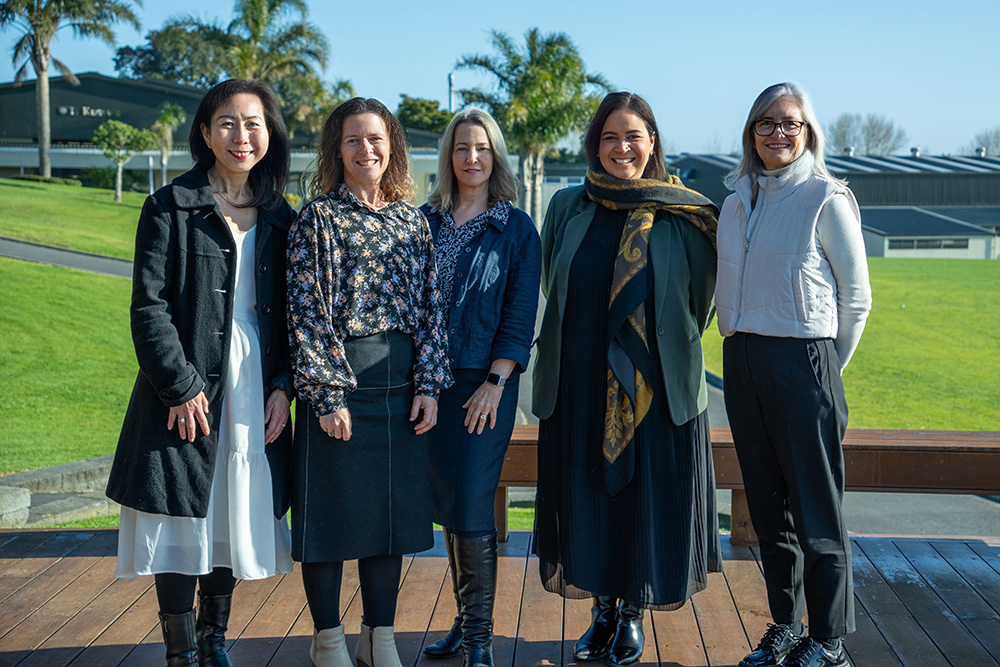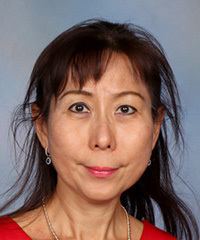Careers Department
Students need to be supported in developing the capability to self-manage their life and learning to enable them to successfully transition from school to further learning and work.
Careers Information for Students
Career counsellors do not:
• Make decisions for you.
Career counsellors do:
• Help students identify their skills, interests and current values.
• Assist students to develop goals and action plans to progress their career decisions.
Career counsellors also:
• Help students to choose their pathway – either Cambridge International or NCEA.
• Collect and provide information related to careers and courses.
• Organise talks, seminars and workshops about careers, courses and applications.
• As part of the Eastern Schools Cluster, we host an annual careers evening featuring over 50 providers, including representatives from universities, private training providers, various trades, the Defence Force, and the Police.
And career counsellors:
• Arrange for students to attend experience days and open days.
• Help students write their curriculum vitae or C/V’s.
• Run lunchtime workshops on interview skills.
• Advertise full time, after school and holiday jobs, apprenticeships and training opportunities.
• Encourage students to research their career ideas and options using resources in the SAS and on the internet.
• Help students develop skills and competencies that will assist them in their current and future decision making.
• Work with classroom teachers to involve careers in their subject area.
Career Counsellors Ms Matthews-Ward, Ms Connolly, and Mrs Bushé are available for appointments with Year 12 and 13 students. Our priority in Terms 1 and 2 is Year 13 interviews. Year 12 interviews have priority in Term 3.
Ms Connolly sees students in Batten, Kupe, Mansfield and Rutherford. Ms Matthews-Ward sees students in Hillary, Snell, Te Kanawa and Upham. Mrs Bushé is also available to see students and is responsible for STAR and Gateway programmes.
Please pop in to the SAS (Careers) and make a booking, or you can contact Mrs Koh: [email protected] by email to arrange a time. Please include your full name and your Form Class and suggest two or three suitable times, or indicate your Study periods or the subject you can more easily come out of. Make sure that you are not missing any important tests or assessments when you choose a time.
Career Interviews are for half a period. If your interview is in the first half of a period please come straight to the SAS at the start of the period. If it is in the second half please bring your bag to the SAS with you.
If we are away from school, teaching and learning remotely, career interviews will be offered by Zoom.
After your interview we will post notes on Career Central and will include helpful internet links for you to follow up.
Online Careers Resources
Careers Events
Career events are published in the Student Daily Notices and/or the Careers Google Classroom.
Careers Information for Parents
There is much talk in the media about students choosing to study areas where there are considered skills shortages and it would be short-sighted not to consider this when planning a career path.
However, there is still a need for students to follow what they are good at, passionate about and what will lead them to achieve good results. The Group Human Resources Manager in a leading freight firm was quoted in The Herald as saying "It's not so much about the degree content that matters. We look for personality, attitude, hunger and leadership; people prepared to step outside their comfort zone, make decisions, build their careers and build our business."
Students have little knowledge of the work place and expect that a degree or other qualification will launch them into a senior position but the reality is that they will have to work their way up. Any part time work experience is an advantage but most organisations want a well-rounded person who has interests and experience outside of study.
It is so important to be informed about what is happening in the world and especially the world of work. Students cannot fail to notice the development of non-traditional jobs like writing Java and Python code as well as the demand and high salaries paid to business analysts. Computers and technology are here to stay. Pacemakers are monitored by Wi-Fi in hospital; eye surgery is done using LenSx Femtosecond laser technology which operates at one quadrillionth of a second and body parts can be grown on bio degradable scaffolds using bio printing.
Science and Maths have so many possibilities. I read about a student who has a PhD in automotive glass. She does crime scene investigations tracing back the glass to a particular car. Demand for Maths graduates is expected to increase by 55% by 2020. The jobs don’t have the title Mathematician in them. You could be writing software to help design underground mines, work out efficient ways of scheduling airline crews, write algorithms and do risk analysis for banks, work with the police on international crime detection or work out how to zap cancer tumours from a number of angles, while trying to spare healthy tissue. These all involve Maths.
The importance of science is inevitable and even in the world of business there will be questions of ethics, health and safety. The world is an interconnected global village where everything that happens is communicated at speed and has major implications for economies.
Most students find the choice of career paths is bewildering but whatever they choose will be bound to change. Students who choose hands on career paths and apprenticeships may end up employing their classmates who pursue more formal study. Having a trade is not to be dismissed and the demand for builders is not likely to go away in the near future. You do not have to go to University to have a very successful career. We have eight students currently studying through ETCO to be Electricians. The opportunity to be self-employed is attractive.
I encourage students to choose tertiary training that has a real work placement written into the programme, a full TV or radio studio to practise communication skills, a trading room to practise stock market skills or a virtual reality pharmacy to practise customer skills. Learning is not all theory and developing skills may be a point of difference that gets you the job.
Students really need to take ownership of the process and getting the right information and making the effort to go to open days, information sessions and experience days is so important.
Ten questions for career conversations with your child
• What are you interested in at the moment?
• I think you’re pretty good at … What do you think you’re good at?
• What do you want from your career and life?
• How do you feel about life after leaving school?
• If money wasn’t an issue, what would you choose to do when you leave school?
• Who do you think has a good career? Why?
• Do you know what you need to do to get your dream job?
• What plans do you have for how you’ll support yourself when you leave school?
• What do you think you need to achieve before you leave school?
Careers Team
Ms Lu Matthews-Ward
HOD Careers
BBus(HR), GradDip Tchg(Sec), GradCertCareerDev. Registered Teacher.
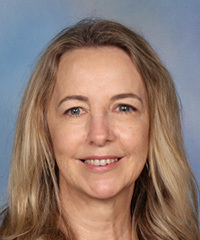
Email: [email protected]
Phone ext # 825
Ms Joy Connolly
Career Counsellor
BA(Hons), GradDip Tch(Sec)
Registered Teacher.
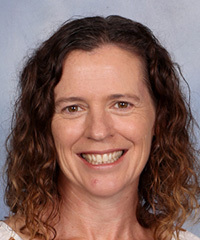
Email: [email protected]
Phone ext #840
Mrs Karen Bushé
Career Adviser / Gateway / STAR
Diploma in Career Guidance, Diploma Industrial and Chemical Engineering.
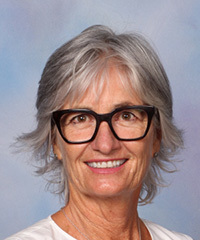
Email: [email protected]
Phone ext # 667
